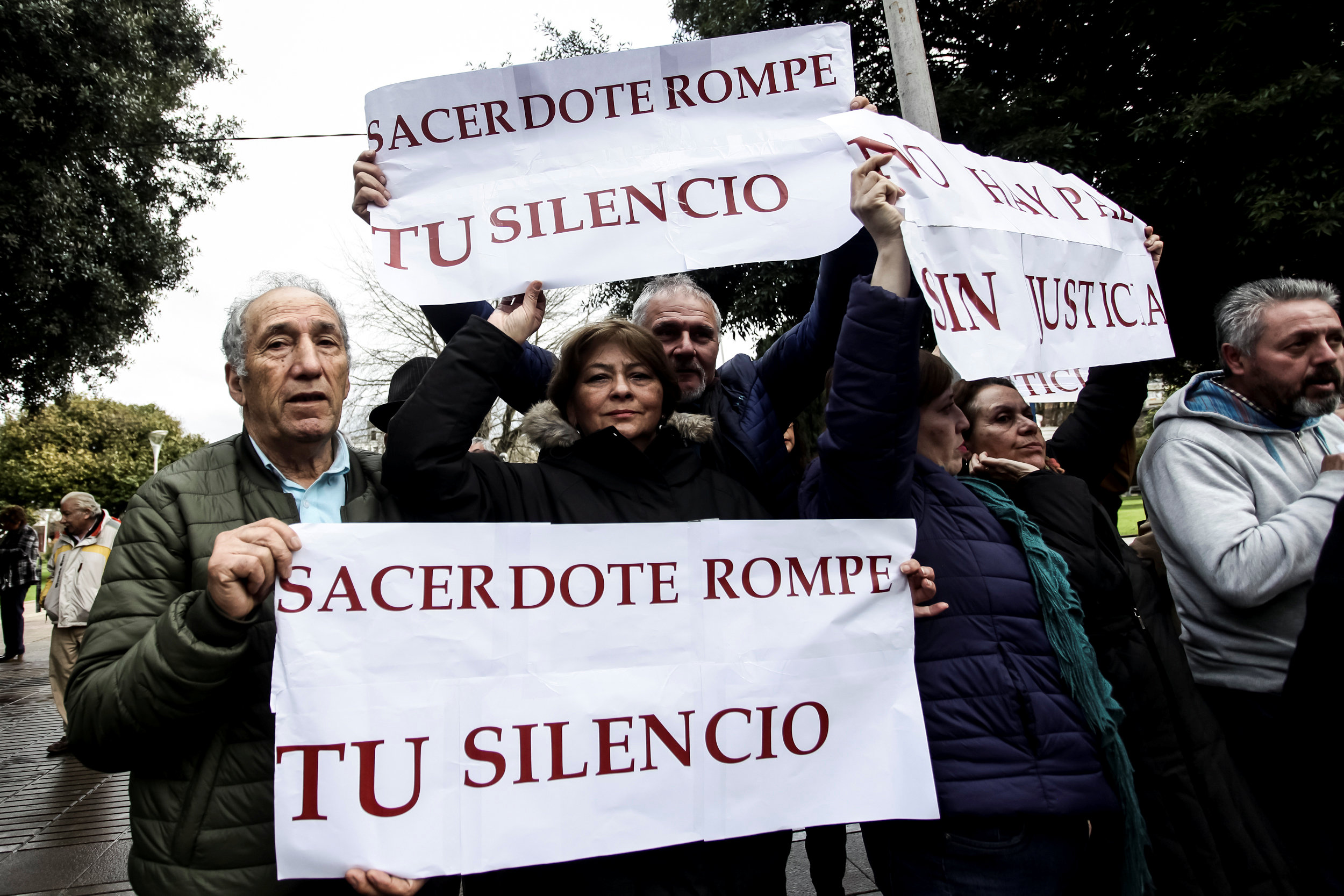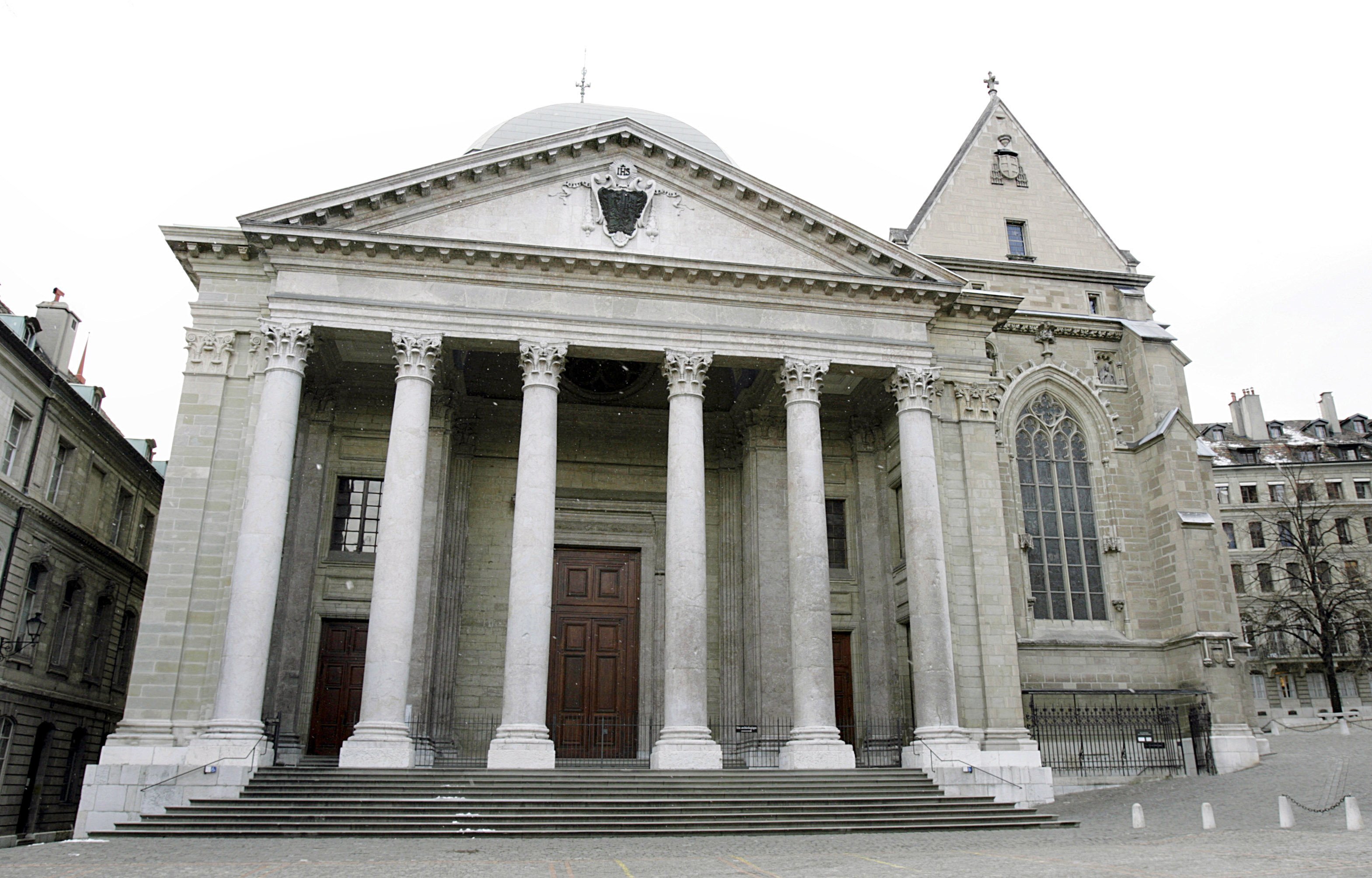Francis will become the first Pope to make a visit expressly dedicated to the World Council of Churches when he flies to Geneva on Thursday to mark the ecumenical organisation’s 70th anniversary.
The Pope is making a day trip on the 21 June to the council where he will take part in a prayer service, have lunch with WCC leaders and then address a cross-denominational meeting of Christians.
He will conclude the day by saying Mass in Geneva, making history as the first Pope to do so in a city that was home to Protestant reformer John Calvin.
Francis is the third Pope to visit the council’s headquarters and is following in the footsteps of Paul VI who did the same in 1969 and John Paul II who visited in 1984.
But this Pope is the first to dedicate a trip to the WCC, a decision that is in keeping with the high priority he has given to ecumenism throughout his papacy. This has seen Francis visit Sweden to mark the 500th anniversary of the reformation while he’s repeatedly called on Christians to work more closely together and act as if they are already united.
Founded three years after the end of the Second World War, the council has 348 member churches, although the Catholic Church is not one of them. And Francis is not expected to change this policy on Thursday.
“There are two kinds of reasons: practical reasons, and theological reasons,” Father Andrzej Choromanski, an official at the Pontifical Council for Promoting Christian Unity, told journalists. “It would be a huge change in the whole organisation, and the philosophy of decision making, of working, of the World Council of Churches, if the Catholic Church were a member church.”
He explained because most of the church members have joined on a national basis and in total represent around 600 million Christians, it would be difficult to find adequate representation for the Catholic Church on the WCC bodies given it has more than 1.2 billion members worldwide.
“The Catholic Church believes there is a unique responsibility of the Bishop of Rome for the unity of the global church. The Catholic Church, or more specifically the Bishop of Rome, has a specific responsibility to unite the whole church. This is why it would be very difficult theologically to find a place for the Pope in such an organisation. What would be the position of the Holy Father in respect to the general secretary or to other moderators and the leadership if the Catholic Church were a member?”
Despite this, Fr Choromanski explained that the Catholic Church takes part in the council’s work as an “observer” and is a member of one of the commission.
Greg Burke, the Director of the Holy See Press Office, underscored the ecumenical nature of the visit during a pre-visit briefing with journalists on Monday.
He explained that the Pontifical Swiss Guard will have a prominent role during the visit with two former members of the ancient army preparing to greet Francis when he arrives in Geneva while another former Swiss Guard, Gautiea Porot, has been organising the visit.
Colonel Christoph Graff, the commander of the guard, will be part of the Pope’s party travelling to Geneva something which Mr Burke explained this is a tradition for papal visits to Switzerland. And journalists travelling on board the papal plane to Switzerland will be given a magazine dedicate to the Swiss Guards.
Renowned for their colourful, stripes uniform the Swiss Guard has been involved in protecting the Pope since the 16th century. It is the smallest army in the world and one of the oldest in continuous existence. Those wishing to join the Swiss Guard must be Swiss, unmarried, male, practising Catholics who are at least 174cm tall and have undertaken military training in Switzerland. Those accepted must serve a minimum of two years and those in higher ranking, longer term positions are permitted to get married.



 Loading ...
Loading ...